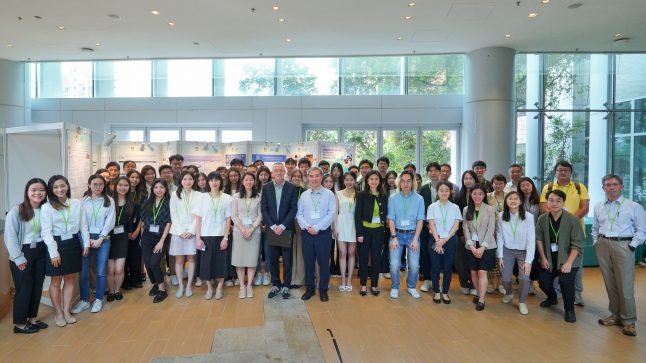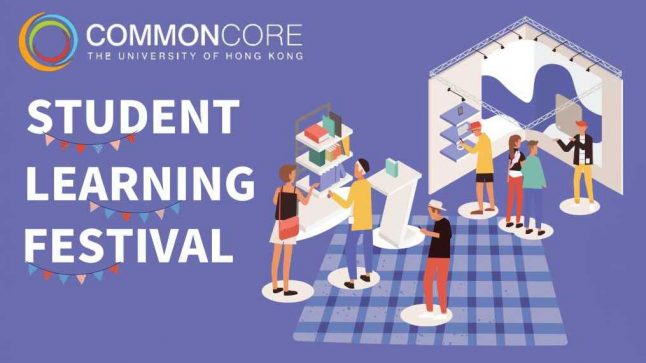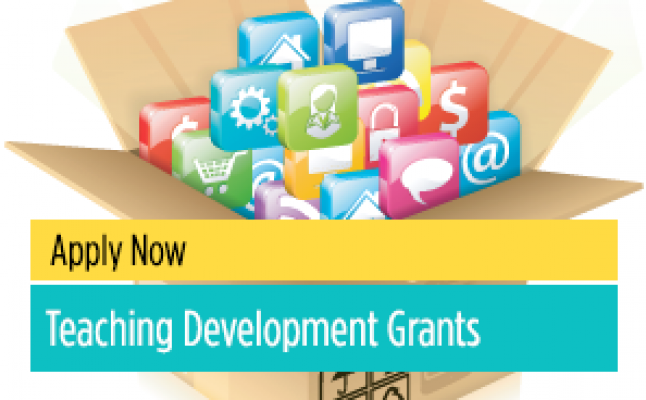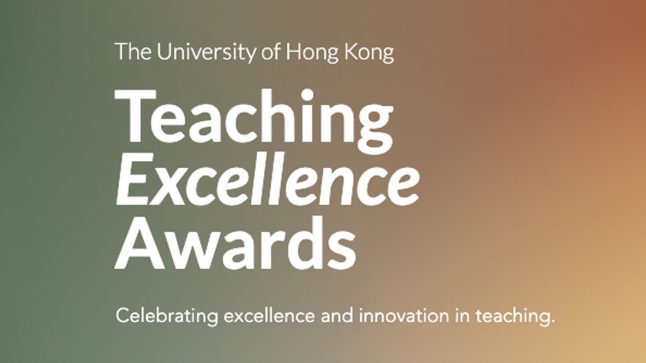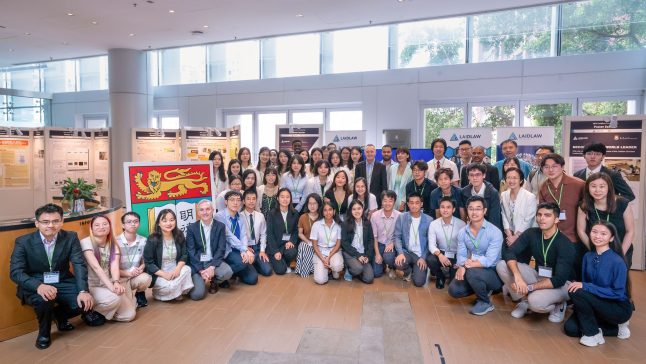In a highly-engaging seminar organised by Information Technology Services, Professor Jeff Haywood (VP, CIO & Librarian, University of Edinburgh) shared his experiences, lessons learnt and predictions relating to MOOCs and university education.

Professor Haywood began his talk by outlining where digital education was at ten years ago: mainstreaming virtual learning environments (VLEs); employing learning activity management systems (LAMS) as a main model for course design; integrating e-portfolios into teaching and learning; and underpinning reflections of the use of technology with the ‘digital native’ and ‘digital immigrant’ rhetoric. Since then, there has been a substantial explosion in online applications and identities, evidenced by the open educational resource (OER) movement and the leaps in interconnectivity of people and information. No wonder then that MOOCs have entered the educational arena alongside a range of other innovations and paradigms such as gamification, virtual worlds, e-textbooks and adaptive learning.

Professor Haywood explained that these technologies and approaches are likely to move through a ‘hype cycle’, and that perceptions and actualisations of MOOCs, like other innovations, are likely to shift over time. It was therefore incredibly interesting to hear about how MOOCs are being leveraged at the University of Edinburgh to, amongst other things, build institutional reputation as an early adopter, explore new pedagogical ‘spaces’, share development experiences, and increase the university’s reach. With 16 MOOCs built and 19 MOOCs under construction, the University of Edinburgh has drawn on a huge amount of data to reflect on ways in which learners are engaging with this online environment and forecast probable MOOC developmental pathways. A few of these pathways could include: MOOCs being integrated into the university curriculum; MOOCs as an auto-cohorted group study; or MOOC content and curriculum taught by another college, university or tutor as a small private online course (SPOC).

Professor Haywood closed the seminar by taking a step back and proposing the question of what the ‘traditional’ university will look like in the coming years. The growth of technology-rich teaching and elearning environments which include on- and off-campus components for a broad range of learner types appeared to be a key theme in this discussion. Many thanks to Professor Haywood for sharing his valuable insights and we look forward to future collaborations!
A post from the e-learning Pedagogical Support Unit (EPSU)

